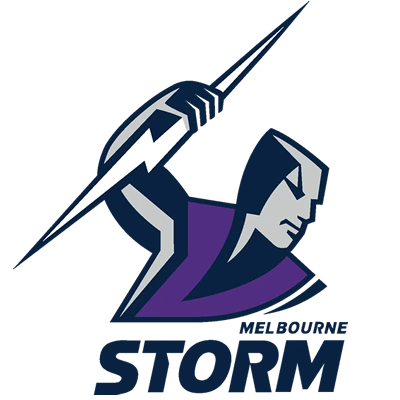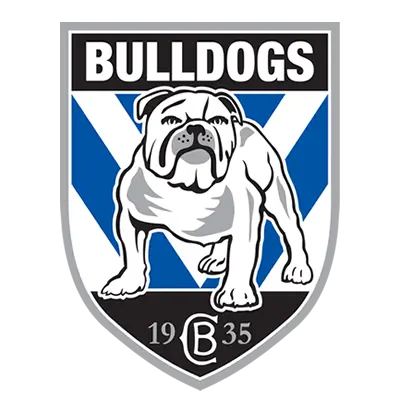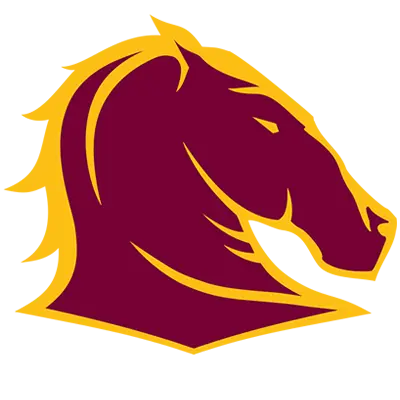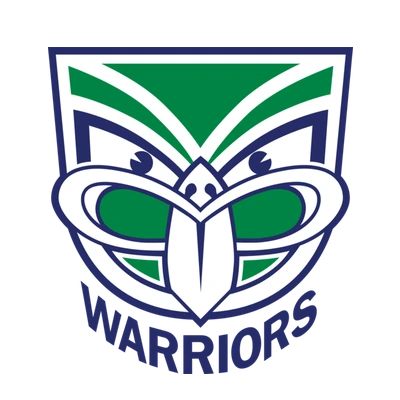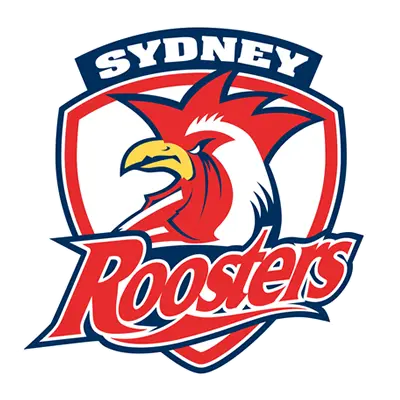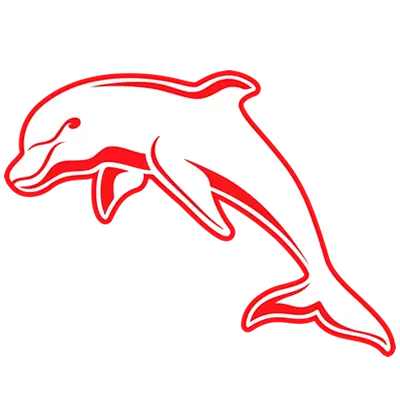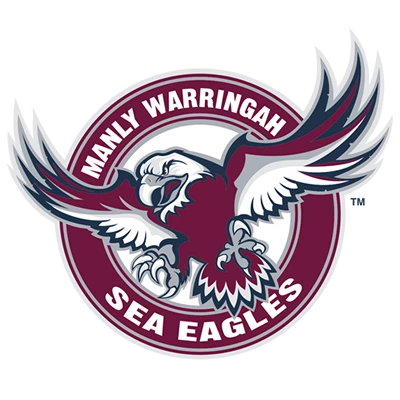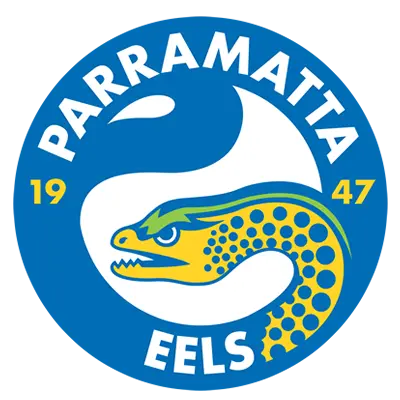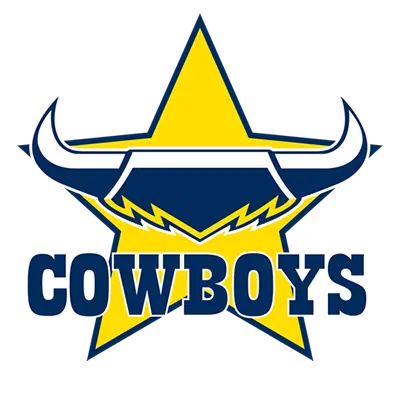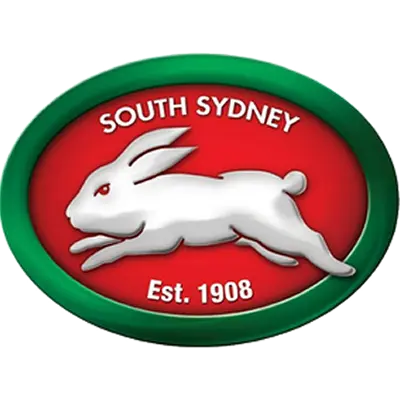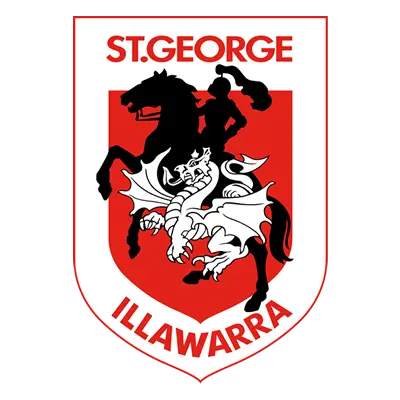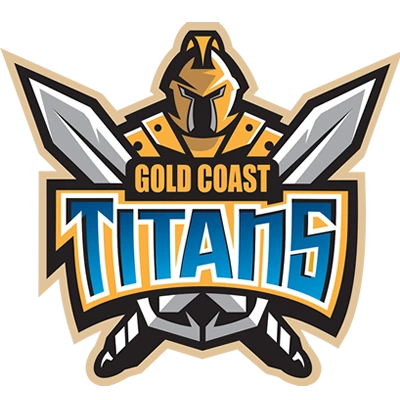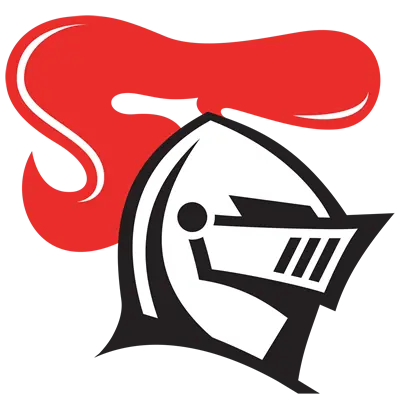As the future of the NRL is thrown into question like never before, PAUL KENT outlines why the players are not the true victims of coronavirus.
Paul Kent, The Daily Telegraph
Subscriber only
|
March 17, 2020 7:37pm
Close
Addin Fonua-Blake gets the Oscar for cinematic effect.
Far more forbidding than Fonua-Blake’s appearance at Tuesday’s press conference, fitted with a face mask, was the naive belief of what is actually happening in the world.
“My biggest concern right now is for the welfare of the players,” Fonua-Blake said.
It is a theme on heavy rotation among NRL players. Somebody said it early and the rest thought it sounded like a terrific quote, a grown-up response for a world in crisis, when in fact NRL players are among the most protected group of people on the planet.
Beyond all the safeguards already implemented for NRL clubs, right down to face masks, every health expert in the world has said coronavirus poses no severe threat to young fit men.
Utah Jazz basketball Donovan Mitchell, who has tested positive, said he felt well enough to play a seven-game series.
Fonua-Blake donned a mask on Tuesday. Photo by Mark Metcalfe/Getty Images.
Fonua-Blake donned a mask on Tuesday. Photo by Mark Metcalfe/Getty Images.
“I’m asymptomatic,” Mitchell said. “I could walk down the street.
“If it wasn’t public knowledge I was sick, you wouldn’t know it.
“That’s the scariest part about this virus. You may seem fine, be fine.”
Those at great risk are the old and infirm. The weak hearts and wet lungs.
NRL players, whose hearts beat strongly, might get a cough.
Fonua-Blake doubled down, though, when he said he still wanted to be paid even if the competition is suspended.
He is talking with best intent but somebody must get to these players before they speak.
Where is the Rugby League Players Association, who should be advising them? The bloated NRL media department?
On the evidence available, there seems to be a belief among some players that a money tree grows behind the building at League Central and that the money that keeps fluttering down is inexhaustible.
“If you’re full fit and you’re able to play, in my opinion, you should be getting paid,” Fonua-Blake said.
“It’s unfortunate but, as long as you’re still meeting your requirements with your contract, I reckon you should still be getting paid what’s owed to you.”
Fonua-Blake has a contract to play football with Manly. Manly has a contract with the NRL to provide a team.
Manly's Addin Fonua-Blake wears a face mask during a Manly NRL media opportunity at the Sydney Academy of Sport, Narrabeen. Picture: Brett Costello
Manly's Addin Fonua-Blake wears a face mask during a Manly NRL media opportunity at the Sydney Academy of Sport, Narrabeen. Picture: Brett Costello
The NRL has a contract with its broadcasters to provide eight games a round for 25 rounds (with split rounds).
And that is where it falls down.
The broadcast money pays the NRL’s entire $13 million grant to each club which, in turn, pays the $9.8 million salary cap.
Meanwhile, workers around the country who are paid by the hour are being forced into reduced hours and forced to take pay cuts as part of the deal because every industry is under pressure. These workers, the backbone of everything, have no choice and no recourse.
Players seem only too happy to talk about rugby league being a business every time they go to market, to “do what’s best for their family”. Surely they understand this business mindset goes all the way to the top.
To kick off this season the NRL went back 30 years to Tina Turner and a song that launched the greatest growth in the game’s history.
Ten years earlier it would have found a code so broke the incoming boss John Quayle needed to borrow $6000 just for the game to survive.
The Bradley Report recommended drastic change. A Royal Commission had seen out the previous NSW Rugby League boss, Kevin Humphreys.
Six clubs were insolvent.
.
Clubs went to Quayle demanding the NSWRL guarantee their pay and Quayle told them no.
The game’s obligation, he said, was to save the game.
The clubs needed to find a way to pay their players because Quayle knew for the League to bail them out meant sending the game broke.
Quayle knew the golden rule of running the game: they had to protect themselves from themselves.
Clubs had run their businesses poorly and relied too heavily on leagues club grants, like clubs nowadays are over-reliant on broadcast money.
Newtown went broke and got kicked out. Western Suburbs almost did. Cronulla, Souths, Canberra and Easts all struggled through the 1980s.
I still remember Gavin Miller, the Cronulla captain, with teammates carrying buckets at stoplights and asking motorists for donations. They got paid 50 cents in the dollar.
In those days Quayle signed off on every playing contract and he refused to register contracts if he thought the clubs could not honour the payments.
Souths coach George Piggins asked him to front the Rabbitohs’ board.
Before he went in Quayle asked Piggins how much he wanted to pay the players.
“Nothing,” George said. Piggins, wanted players whose motivation was wearing the Rabbitohs’ jersey.
The salary cap sat at about $1.2 million and Quayle said he would register contracts to $900,000.
Quayle got his education from older administrators who had navigated the game through several serious wars, who in turn had been through a Depression.
The game has suffered and survived through adversity before.
Hardship used to be a challenge, not an excuse.


